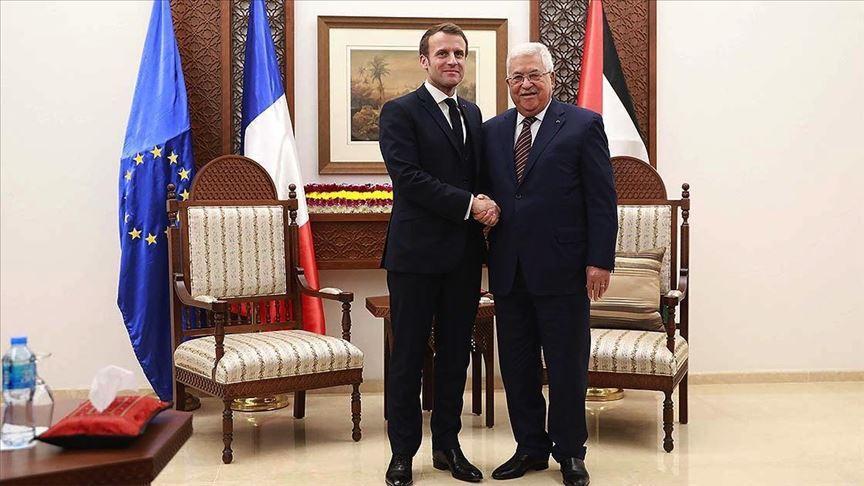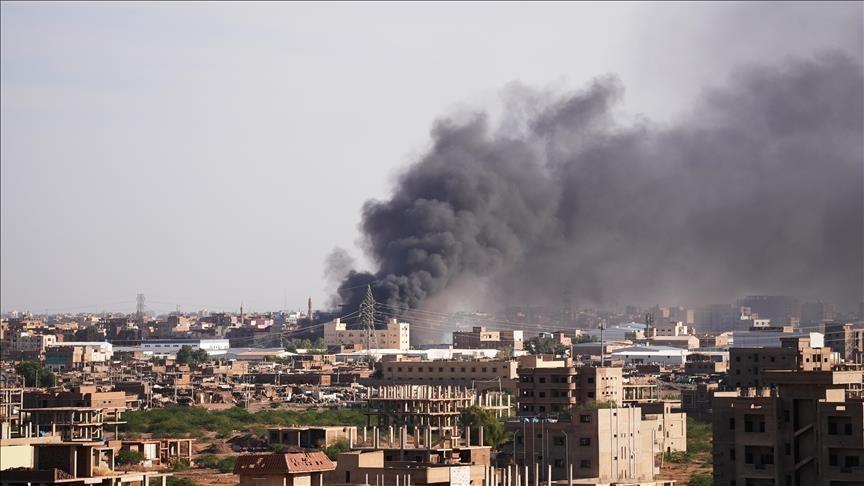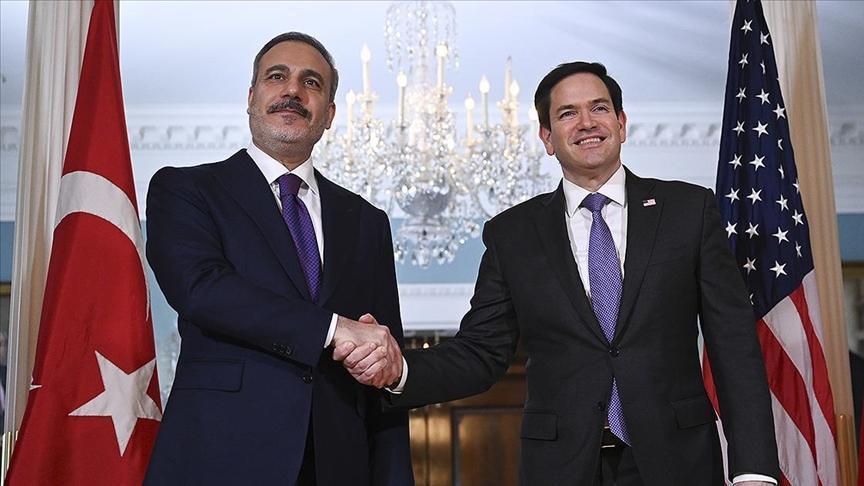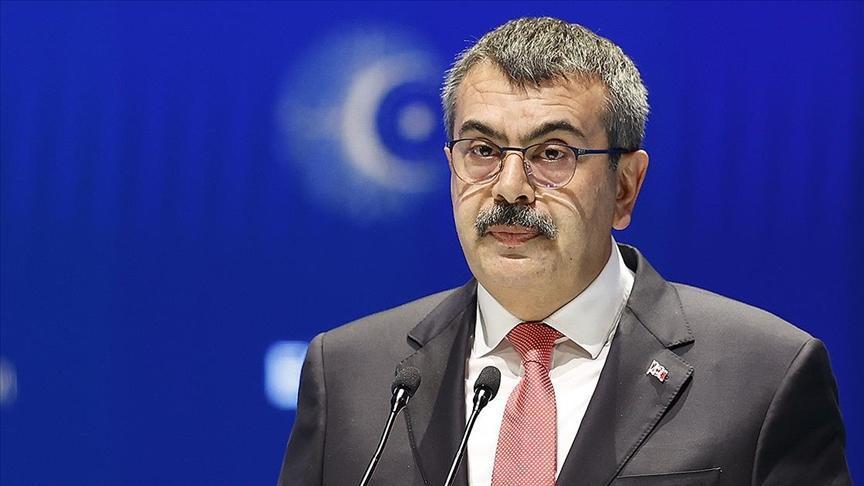Russia sees possible 'terror' link in Egypt plane crash
Sharm el Sheikh, Egypt - Agence France-Presse
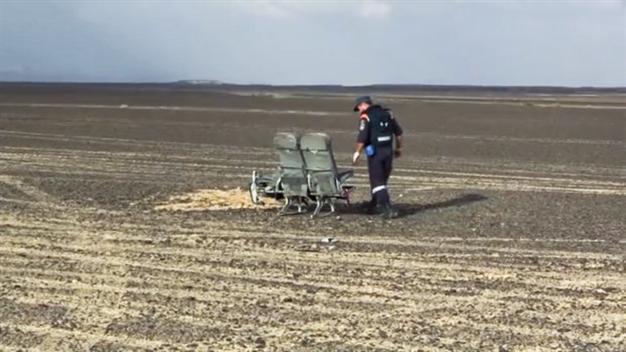
AP photo
Moscow acknowledged Nov. 9 for the first time a terrorist attack could have caused the Oct. 31 Russian plane crash in Egypt, as thousands more tourists were evacuated from the country."The possibility of an act of terror is of course there as the reason for what happened," Russia's Prime Minister Dmitry Medvedev admitted in an interview with Rossiyskaya Gazeta state newspaper.
Britain and the United States, as well as international investigators, suspect a bomb exploded on board the Metrojet A-321 plane, but Egyptian officials insist there is no evidence yet of an attack on the aircraft which jihadists claim to have downed.
Russia had also refrained from blaming the crash, which killed all 224 people on board, on terrorists, although President Vladimir Putin on Nov. 6 suspended all flights to Egypt.
Israel, which has strong intelligence links to the neighbouring Sinai where the Airbus came down while en route from Egypt's resort of Sharm el-Sheikh to Saint Petersburg, also sided with the attack theory.
"There is a strong probability that this is an attack," Defence Minister Moshe Yaalon told Israeli reporters on Nov. 9.
"From what we know and what we understand, I would be surprised if it turns out that it was not an attack."
And the head of Airbus said no technical fault has yet been detected for the crash of the A-321.
"I can say that so far, what we got from the investigation didn't trigger any action, technical action on our side, regarding the A-321 fleet," said Fabrice Bregier, the European manufacturer's chief executive officer.
"But we need to wait for the conclusion of the investigations," Bregier said at the Dubai Airshow.
Amid the tourist exodus from Egypt, a senior operative of the Islamic State of Iraq and the Levant (ISIL) jihadist group, Ashraf Ali Ali Hassanein al-Gharabli, was shot dead in an exchange of fire in Cairo after police tried to arrest him, the interior ministry said.
The ISIL group's branch in the Sinai claimed responsibility after the Russian plane crash.
Tens of thousands of foreign tourists, including some 80,000 Russians and 20,000 Britons, were stranded in the resort after flights were cancelled over security fears.
Moscow said Nov. 9 that about 25,000 Russian tourists had so far returned, on more than 100 flights, while Prime Minister David Cameron's office said some 5,000 Britons had returned home.
British Foreign Secretary Philip Hammond said he hoped flights to Sharm could resume soon, once "robust" security arrangements are in place.
"We've got a peak season coming up over Christmas. We very much hope that it will be possible to resume normal air operations soon," he told reporters.
Flight numbers have been limited because both Russia and Britain have banned tourists from bringing their check-in luggage, which will be flown home separately.
That restriction has prompted Egypt to limit the number of daily repatriation flights because it says there is only so much baggage its airports can accommodate.
The crash has led to calls for greater security at airports in regions near where jihadists operate.
It has also raised fears for Egypt's vital tourism industry, which had already been suffering from years of unrest.
Derek Moore, chairman of the Association of Independent Tour Operators, told AFP that concerns over a bomb could dissuade British tourists from visiting during the peak season.
"Even offering rock-bottom prices will not achieve that if there is a feeling that a trip to Sharm might result in death," he said.
On Nov. 7, the head of Egypt's investigative committee said the cause of the crash was still not clear.
"Initial observations... do not allow for identifying the origin of the in-flight break-up" of the aircraft 23 minutes and 14 seconds after it departed, Ayman el-Mokkadem said.
Egypt has pushed back against mounting international concerns that a bomb brought down the plane, with Foreign Minister Sameh Shoukry saying it was too early to form a "hypothesis".
Sources close to the probe have told AFP that experts involved in the investigation, with the exception of the Egyptians, "strongly favour" the theory of a bomb on board.
ISIL said it downed the plane in retaliation for Russian air strikes in Syria, but has not said how.
The ISIL affiliate in Egypt is waging a bloody insurgency in north Sinai that has killed hundreds of policemen and soldiers.



